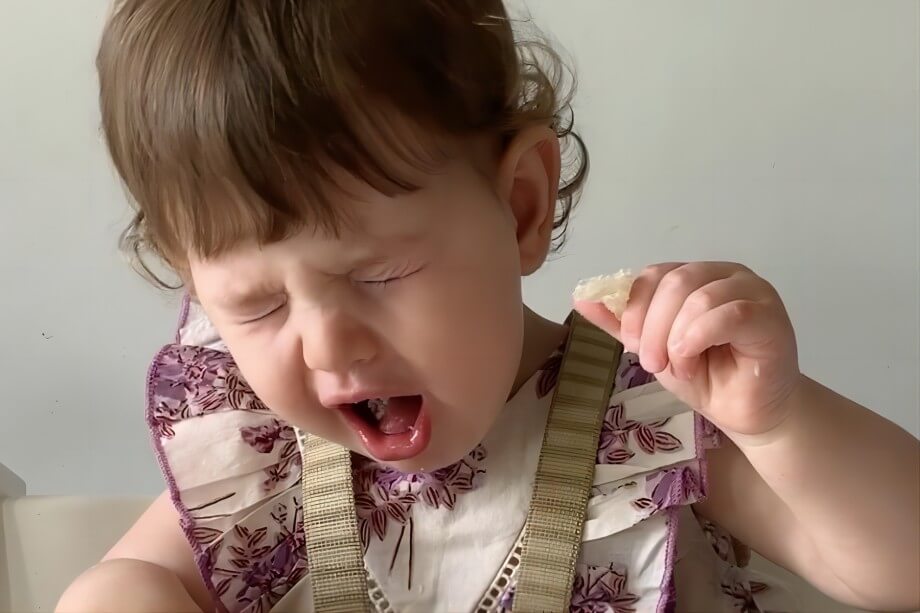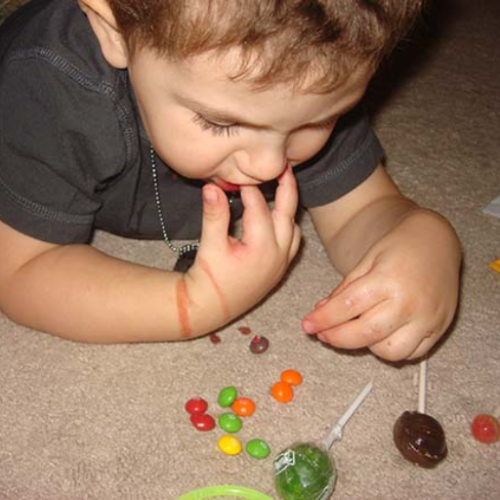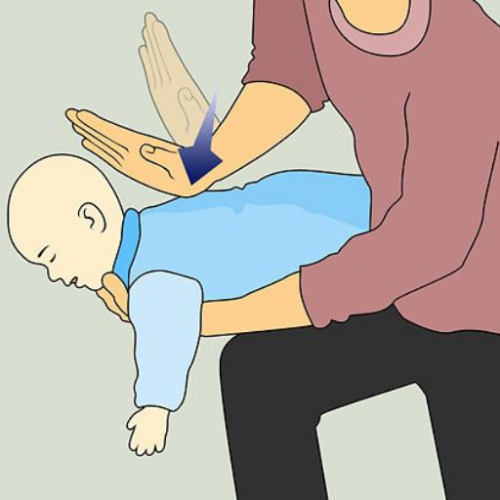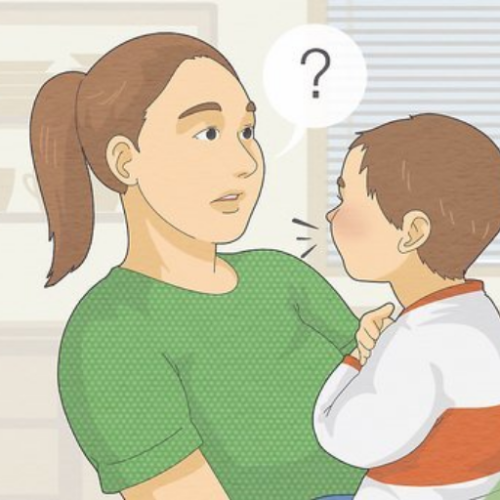
Introduction:
Outdoor adventures and exploring the world are integral parts of childhood. While these experiences contribute to a child's growth and development, it's essential to be aware of potential hazards, including the risks of suffocation when children venture outside. In this blog, we'll delve into the dangers of suffocation and offer valuable insights on how to keep your little ones safe when they're out and about.
The Suffocation Hazard: An Unseen Threat
Suffocation is a severe risk, and it can occur unexpectedly while children are outdoors. Understanding the potential sources of suffocation is the first step in safeguarding your child:
Plastic Bags: Plastic bags from grocery stores, shopping trips, or picnics can be hazardous if a child places them over their head, leading to suffocation.
Outdoor Play Equipment: Playground equipment with openings or crevices can pose a risk if a child gets stuck in them, restricting airflow.
Tight-Fitting Clothing: Clothing that is too tight around the neck or chest can restrict breathing, especially during physical activities.
Natural Hazards: Tall grass, dense foliage, or bodies of water can conceal hazards and create situations where a child may become trapped.Preventing Suffocation Incidents:
Ensuring your child's safety while they're out and about requires vigilance and proactive measures. Here are some crucial safety tips:
Supervision: Always supervise young children during outdoor play. Be attentive to their activities and surroundings, especially in unfamiliar places.
Awareness: Educate your child about the dangers of placing objects over their face, including plastic bags. Encourage open communication about any concerns or discoveries during outdoor adventures.
Clothing: Dress your child in comfortable, well-fitting clothing suitable for the weather conditions. Ensure that scarves, hoods, or drawstrings are not overly tight.
Playground Safety: When visiting playgrounds, inspect equipment for any hazards or openings that could trap a child. Teach your child about safe play practices, including not climbing on or through equipment in unsafe ways.
Nature Exploration: When exploring nature, stay on designated paths and trails to minimize the risk of encountering hidden hazards. Teach your child about respecting natural environments and staying away from unfamiliar plants or water bodies.
Emergency Response: Familiarize yourself with basic first aid and CPR techniques. Having this knowledge can be invaluable in case of an emergency.Conclusion:
Outdoor exploration is a valuable part of childhood that fosters creativity, independence, and a love for the world around us. By understanding the risks of suffocation and taking proactive steps to protect your child, you can ensure their safety while they enjoy the wonders of the outdoors. Together, let's create a secure environment that allows our little explorers to thrive, learn, and grow safely in their adventures.








 Login with Google
Login with Google Login with Facebook
Login with Facebook